
SCARS Institute’s Encyclopedia of Scams™ Published Continuously for 25 Years

SCARS™ Guide: Hacked Email
If You Are A Scam Victim You May Have Shared Your Logins With Your Scammer Or Given Them The Clues To Crack Your Accounts!
All of a sudden you get a flood of messages from friends and family. They’re getting emails from you with seemingly random links, or messages with urgent pleas to wire you money. It looks like your email or social media account might have been taken over. What do you do? For starters, make sure your security protections are up-to-date, reset your password, and warn your friends.
[lwptoc]How You Know You’ve Been Hacked?
You might have been hacked if:
- friends and family are getting emails or messages you didn’t send
- your Sent messages folder has messages you didn’t send, or it has been emptied
- your social media accounts have posts you didn’t make
- you can’t log into your email or social media account
In the case of emails with random links, it’s possible your email address was “spoofed,” or faked, and hackers don’t actually have access to your account. But you’ll want to take action, just in case.
What To Do When You Think You’ve Been Hacked?
1. Update Your System And Delete Any Malware
Make sure your security software is up-to-date
If you don’t have security software, get it. But install security software only from reputable, well-known companies. Then, run it to scan your computer for viruses and spyware (aka malware). Delete any suspicious software and restart your computer.
Set your security software, internet browser, and operating system (like Windows or Mac OS) to update automatically
Software developers often release updates to patch security vulnerabilities. Keep your security software, your internet browser, and your operating system up-to-date to help your computer keep pace with the latest hack attacks.
2. Change Your Passwords
That’s IF you’re able to log into your email or social networking account. Someone may have gotten your old password and changed it. If you use similar passwords for other accounts, change them, too. Make sure you create strong passwords that will be hard to guess.
3. Check The Advice Your Email Provider Or Social Network Site Has About Restoring Your Account
You can find helpful advice specific to the service. If your account has been taken over, you might need to fill out forms to prove it’s really you trying to get back into your account.
4. Check Your Account Settings
Once you’re back in your account, make sure your signature and “away” message don’t contain unfamiliar links, and that messages aren’t being forwarded to someone else’s address. On your social networking service, look for changes to the account since you last logged in — say, a new “friend.”
5. Tell Your Friends
A quick email letting your friends know they might have gotten a malicious link or a fake plea for help can keep them from sending money they won’t get back or installing malware on their computers. Put your friends’ email addresses in the Bcc line to keep them confidential. You could copy and send this article, too.
What to Do Before You’re Hacked?
Use Unique Passwords For Important Sites, Like Your Bank And Email
That way, someone who knows one of your passwords won’t suddenly have access to all your important accounts. Choose strong passwords that are harder to crack. Some people find password managers — software that stores and remembers your passwords for you — a helpful way to keep things straight. If you use a password manager, make sure to select a unique, strong password for it, too. Many password managers will let you know whether the master password you’ve created is strong enough.
Safeguard Your Usernames And Passwords
Think twice when you’re asked to enter credentials like usernames and passwords. Never provide them in response to an email. If the email or text seems to be from your bank, for example, visit the bank website directly rather than clicking on any links or calling any numbers in the message. Scammers impersonate well-known businesses to trick people into giving out personal information.
Turn On Two-Factor Authentication If Your Service Provider Offers It
A number of online services offer “two-factor authentication,” where getting into your account requires a password plus something else — say, a code sent to your smartphone — to prove it’s really you.
Don’t Click On Links Or Open Attachments In Emails Unless You Know Who Sent Them And What They Are
That link or attachment could install malware on your computer. Also, do your part: don’t forward random links.
Download Free Software Only From Sites You Know And Trust
If you’re not sure who to trust, do some research before you download any software. Free games, file-sharing programs, and customized toolbars also could contain malware.
Don’t Treat Public Computers Like Your Personal Computer
If it’s not your computer, don’t let a web browser remember your passwords, and make sure to log out of any accounts when you’re done.
In fact, if you can help it, don’t access personal accounts — like email, or especially bank accounts — on public computers at all. (Also be careful any time you use public Wi-Fi.)
Stay Safe Out There!
SCARS™ Team
A SCARS Division
Miami Florida U.S.A.
Portions from the Federal Trade Commission
TAGS: Antivirus, Email, Hacker, Imposter, Password, Phishing, Scam, Social Networking
END
MORE INFORMATION
– – –
Tell us about your experiences with Romance Scammers in our Scams Discussion Forum on Facebook »
– – –
FAQ: How Do You Properly Report Scammers?
It is essential that law enforcement knows about scams & scammers, even though there is nothing (in most cases) that they can do.
Always report scams involving money lost or where you received money to:
- Local Police – ask them to take an “informational” police report – say you need it for your insurance
- Your National Police or FBI (www.IC3.gov »)
- The SCARS|CDN™ Cybercriminal Data Network – Worldwide Reporting Network HERE » or on www.Anyscam.com »
This helps your government understand the problem, and allows law enforcement to add scammers on watch lists worldwide.
– – –
Visit our NEW Main SCARS Facebook page for much more information about scams and online crime: www.facebook.com/SCARS.News.And.Information »
To learn more about SCARS visit www.AgainstScams.org
Please be sure to report all scammers HERE » or on www.Anyscam.com »
Legal Notices:
All original content is Copyright © 1991 – 2020 SCARS All Rights Reserved Worldwide & Webwide. Third-party copyrights acknowledge.
SCARS, RSN, Romance Scams Now, SCARS|WORLDWIDE, SCARS|GLOBAL, SCARS, Society of Citizens Against Relationship Scams, Society of Citizens Against Romance Scams, SCARS|ANYSCAM, Project Anyscam, Anyscam, SCARS|GOFCH, GOFCH, SCARS|CHINA, SCARS|CDN, SCARS|UK, SCARS Cybercriminal Data Network, Cobalt Alert, Scam Victims Support Group, are all trademarks of Society of Citizens Against Relationship Scams Incorporated.
Contact the law firm for the Society of Citizens Against Relationship Scams Incorporated by email at legal@AgainstScams.org
-/ 30 /-
What do you think about this?
Please share your thoughts in a comment below!
Table of Contents
- If You Are A Scam Victim You May Have Shared Your Logins With Your Scammer Or Given Them The Clues To Crack Your Accounts!
- How You Know You’ve Been Hacked?
- What To Do When You Think You’ve Been Hacked?
- What to Do Before You’re Hacked?
- Stay Safe Out There!
- Tell us about your experiences with Romance Scammers in our Scams Discussion Forum on Facebook »
- FAQ: How Do You Properly Report Scammers?
- Please be sure to report all scammers HERE » or on www.Anyscam.com »
- Legal Notices:
LEAVE A COMMENT?
Recent Comments
On Other Articles
- Arwyn Lautenschlager on Love Bombing And How Romance Scam Victims Are Forced To Feel: “I was love bombed to the point that I would do just about anything for the scammer(s). I was told…” Feb 11, 14:24
- on Dani Daniels (Kira Lee Orsag): Another Scammer’s Favorite: “You provide a valuable service! I wish more people knew about it!” Feb 10, 15:05
- on Danielle Delaunay/Danielle Genevieve – Stolen Identity/Stolen Photos – Impersonation Victim UPDATED 2024: “We highly recommend that you simply turn away form the scam and scammers, and focus on the development of a…” Feb 4, 19:47
- on The Art Of Deception: The Fundamental Principals Of Successful Deceptions – 2024: “I experienced many of the deceptive tactics that romance scammers use. I was told various stories of hardship and why…” Feb 4, 15:27
- on Danielle Delaunay/Danielle Genevieve – Stolen Identity/Stolen Photos – Impersonation Victim UPDATED 2024: “Yes, I’m in that exact situation also. “Danielle” has seriously scammed me for 3 years now. “She” (he) doesn’t know…” Feb 4, 14:58
- on An Essay on Justice and Money Recovery – 2026: “you are so right I accidentally clicked on online justice I signed an agreement for 12k upfront but cd only…” Feb 3, 08:16
- on The SCARS Institute Top 50 Celebrity Impersonation Scams – 2025: “Quora has had visits from scammers pretending to be Keanu Reeves and Paul McCartney in 2025 and 2026.” Jan 27, 17:45
- on Scam Victims Should Limit Their Exposure To Scam News & Scammer Photos: “I used to look at scammers photos all the time; however, I don’t feel the need to do it anymore.…” Jan 26, 23:19
- on After A Scam, No One Can Tell You How You Will React: “This article was very informative, my scams happened 5 years ago; however, l do remember several of those emotions and/or…” Jan 23, 17:17
- on Situational Awareness and How Trauma Makes Scam Victims Less Safe – 2024: “I need to be more observant and I am practicing situational awareness. I’m saving this article to remind me of…” Jan 21, 22:55
ARTICLE META
Important Information for New Scam Victims
- Please visit www.ScamVictimsSupport.org – a SCARS Website for New Scam Victims & Sextortion Victims
- Enroll in FREE SCARS Scam Survivor’s School now at www.SCARSeducation.org
- Please visit www.ScamPsychology.org – to more fully understand the psychological concepts involved in scams and scam victim recovery
If you are looking for local trauma counselors please visit counseling.AgainstScams.org or join SCARS for our counseling/therapy benefit: membership.AgainstScams.org
If you need to speak with someone now, you can dial 988 or find phone numbers for crisis hotlines all around the world here: www.opencounseling.com/suicide-hotlines
A Note About Labeling!
We often use the term ‘scam victim’ in our articles, but this is a convenience to help those searching for information in search engines like Google. It is just a convenience and has no deeper meaning. If you have come through such an experience, YOU are a Survivor! It was not your fault. You are not alone! Axios!
A Question of Trust
At the SCARS Institute, we invite you to do your own research on the topics we speak about and publish, Our team investigates the subject being discussed, especially when it comes to understanding the scam victims-survivors experience. You can do Google searches but in many cases, you will have to wade through scientific papers and studies. However, remember that biases and perspectives matter and influence the outcome. Regardless, we encourage you to explore these topics as thoroughly as you can for your own awareness.
Statement About Victim Blaming
SCARS Institute articles examine different aspects of the scam victim experience, as well as those who may have been secondary victims. This work focuses on understanding victimization through the science of victimology, including common psychological and behavioral responses. The purpose is to help victims and survivors understand why these crimes occurred, reduce shame and self-blame, strengthen recovery programs and victim opportunities, and lower the risk of future victimization.
At times, these discussions may sound uncomfortable, overwhelming, or may be mistaken for blame. They are not. Scam victims are never blamed. Our goal is to explain the mechanisms of deception and the human responses that scammers exploit, and the processes that occur after the scam ends, so victims can better understand what happened to them and why it felt convincing at the time, and what the path looks like going forward.
Articles that address the psychology, neurology, physiology, and other characteristics of scams and the victim experience recognize that all people share cognitive and emotional traits that can be manipulated under the right conditions. These characteristics are not flaws. They are normal human functions that criminals deliberately exploit. Victims typically have little awareness of these mechanisms while a scam is unfolding and a very limited ability to control them. Awareness often comes only after the harm has occurred.
By explaining these processes, these articles help victims make sense of their experiences, understand common post-scam reactions, and identify ways to protect themselves moving forward. This knowledge supports recovery by replacing confusion and self-blame with clarity, context, and self-compassion.
Additional educational material on these topics is available at ScamPsychology.org – ScamsNOW.com and other SCARS Institute websites.
Psychology Disclaimer:
All articles about psychology and the human brain on this website are for information & education only
The information provided in this article is intended for educational and self-help purposes only and should not be construed as a substitute for professional therapy or counseling.
While any self-help techniques outlined herein may be beneficial for scam victims seeking to recover from their experience and move towards recovery, it is important to consult with a qualified mental health professional before initiating any course of action. Each individual’s experience and needs are unique, and what works for one person may not be suitable for another.
Additionally, any approach may not be appropriate for individuals with certain pre-existing mental health conditions or trauma histories. It is advisable to seek guidance from a licensed therapist or counselor who can provide personalized support, guidance, and treatment tailored to your specific needs.
If you are experiencing significant distress or emotional difficulties related to a scam or other traumatic event, please consult your doctor or mental health provider for appropriate care and support.
Also read our SCARS Institute Statement about Professional Care for Scam Victims – click here to go to our ScamsNOW.com website.


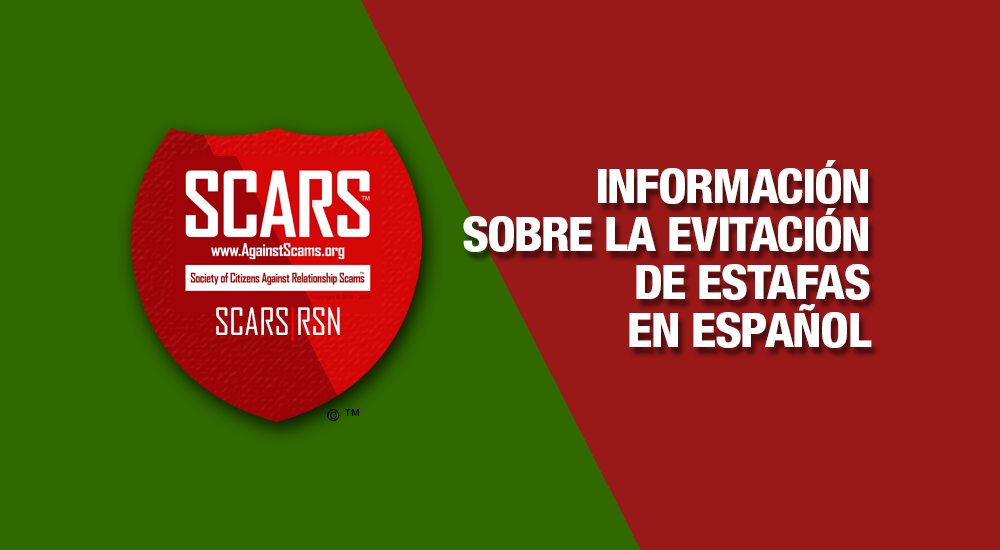
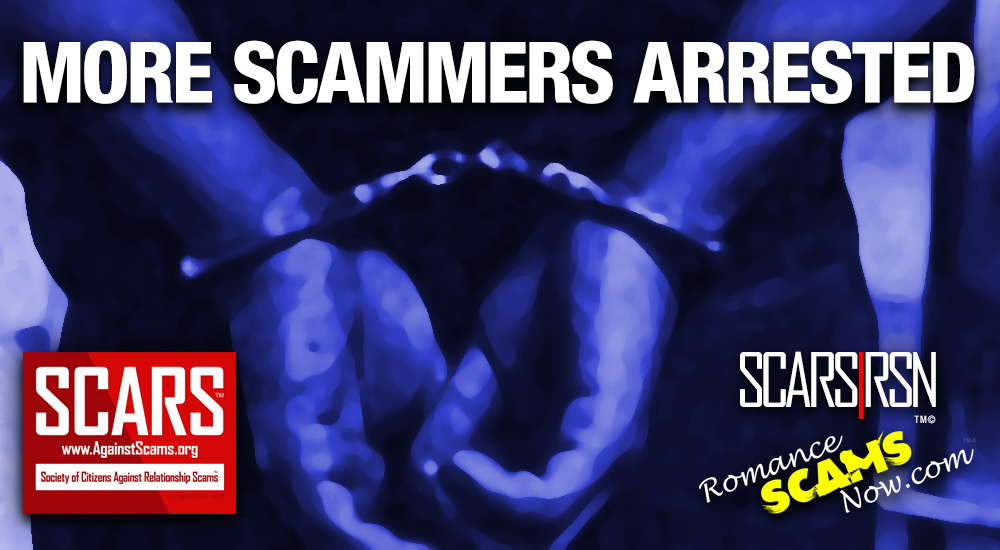
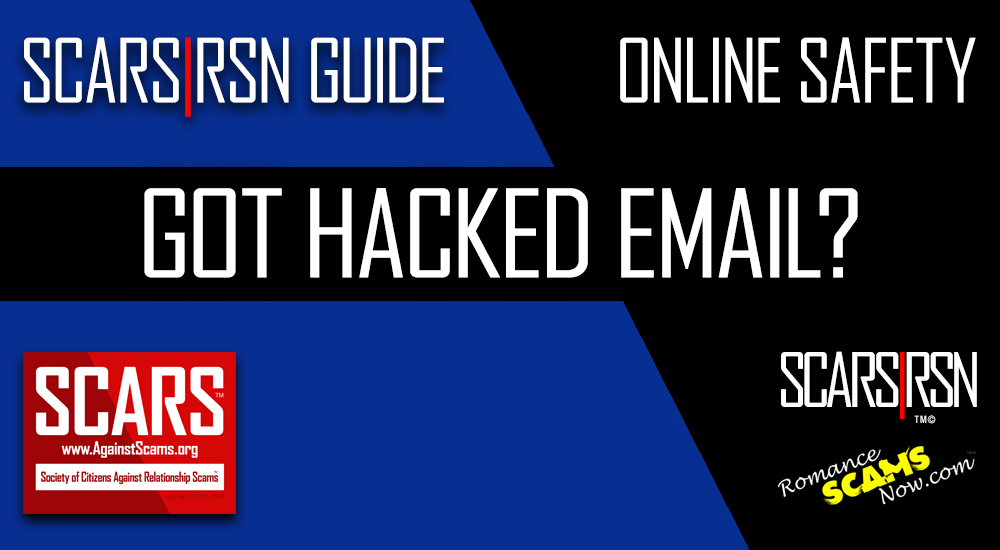





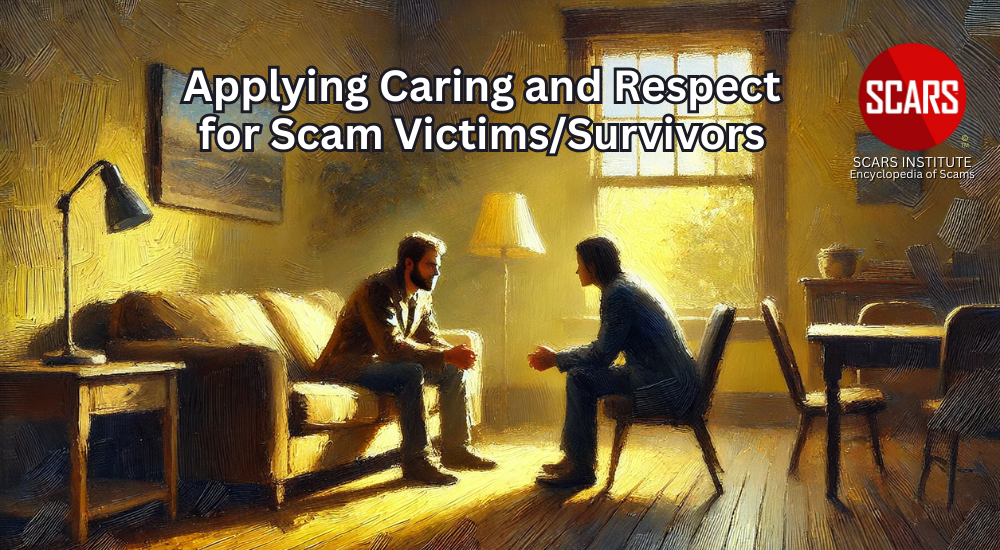

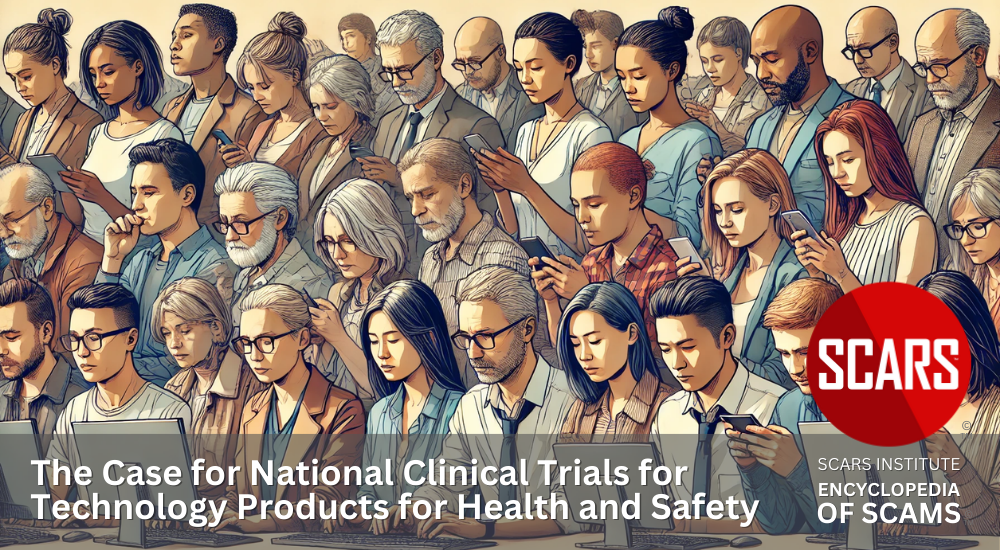






Thank you for your comment. You may receive an email to follow up. We never share your data with marketers.